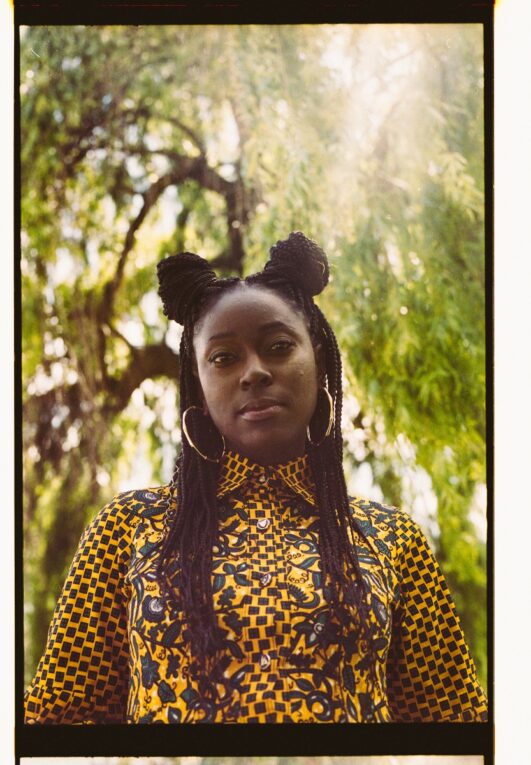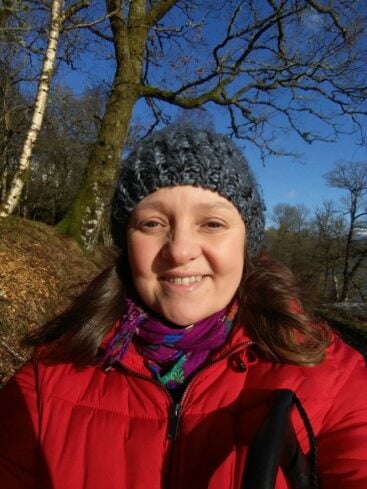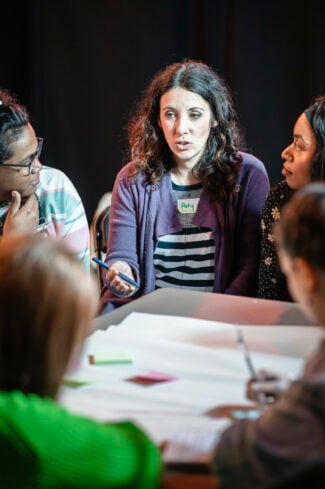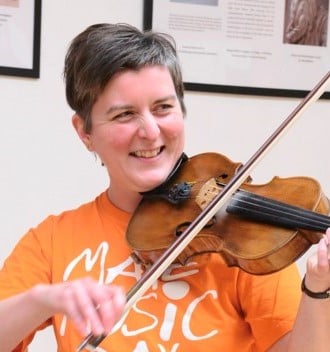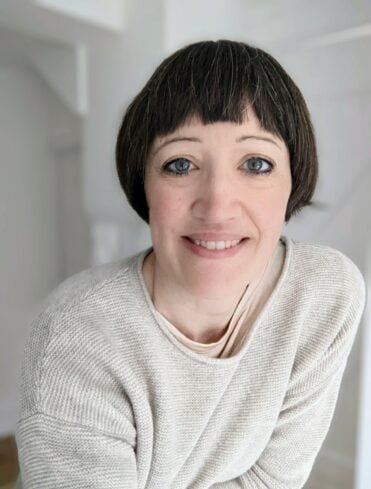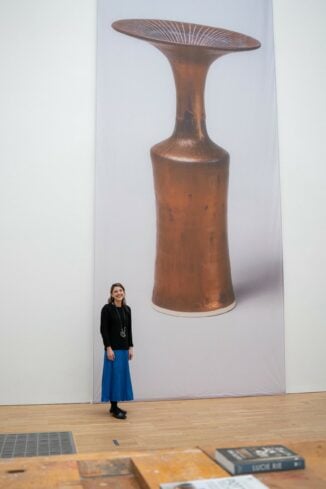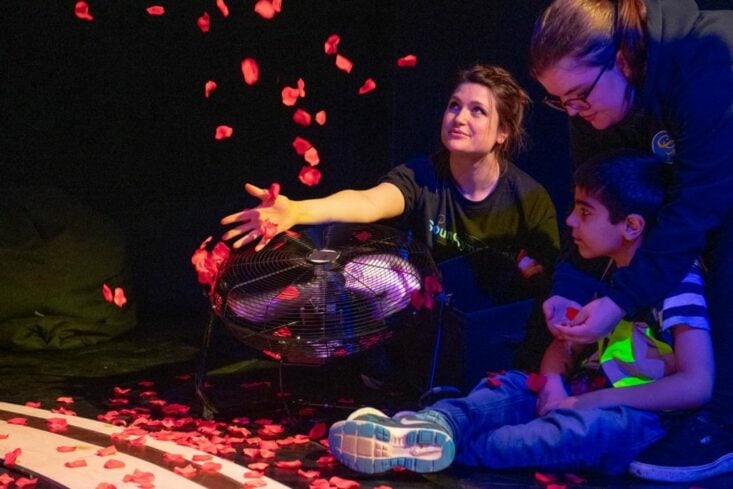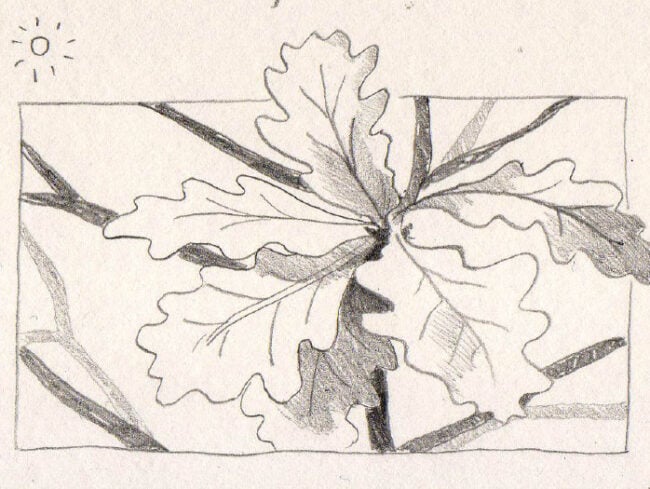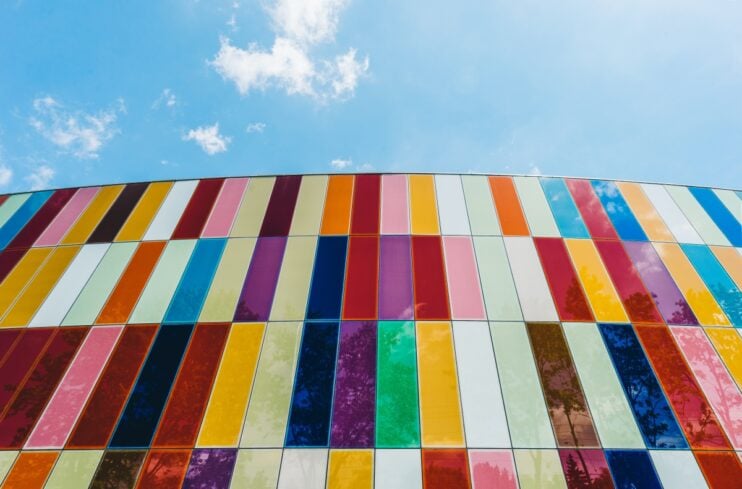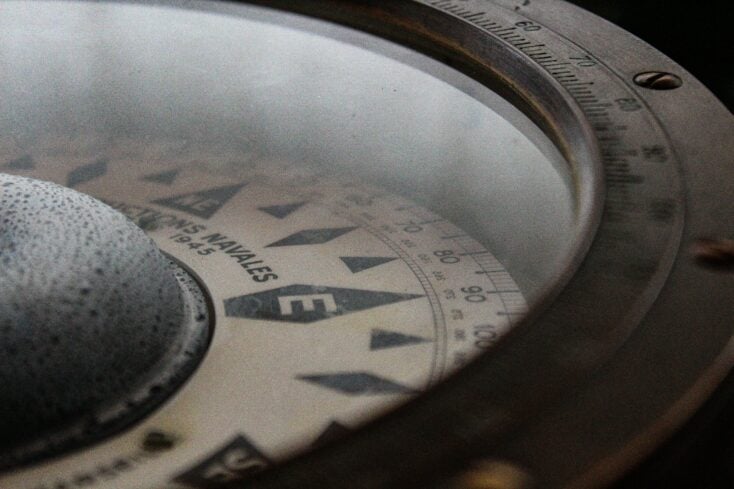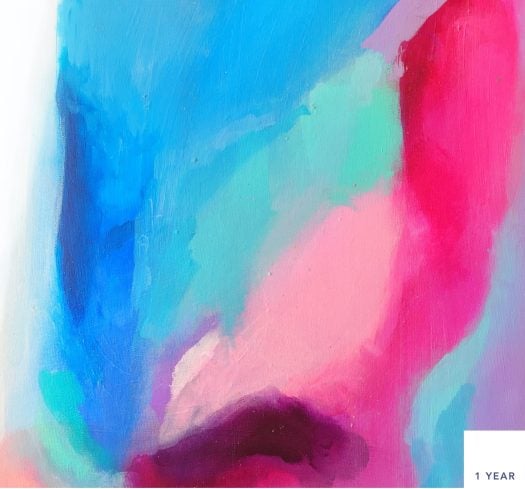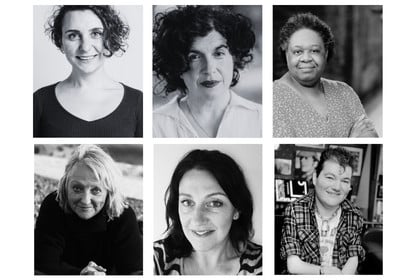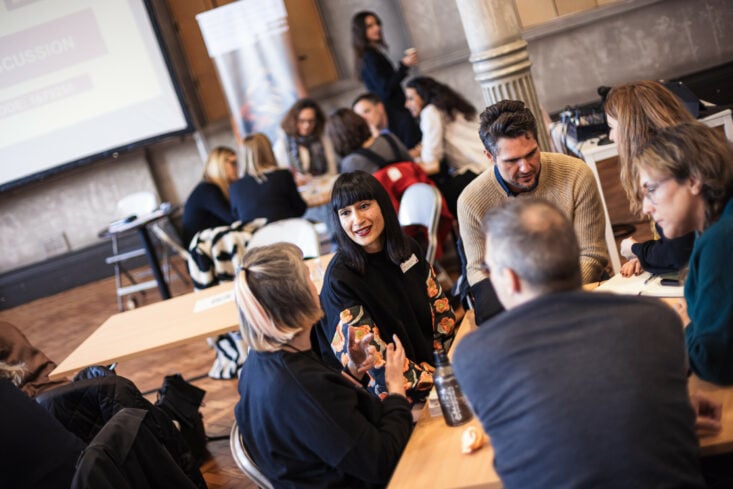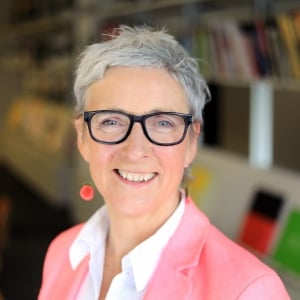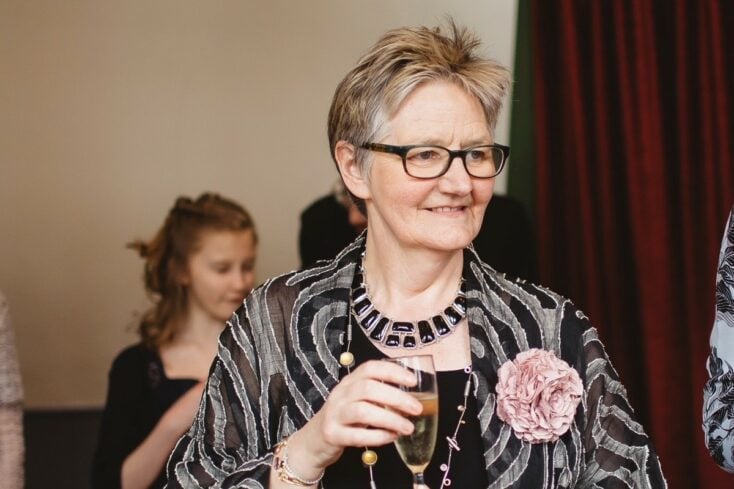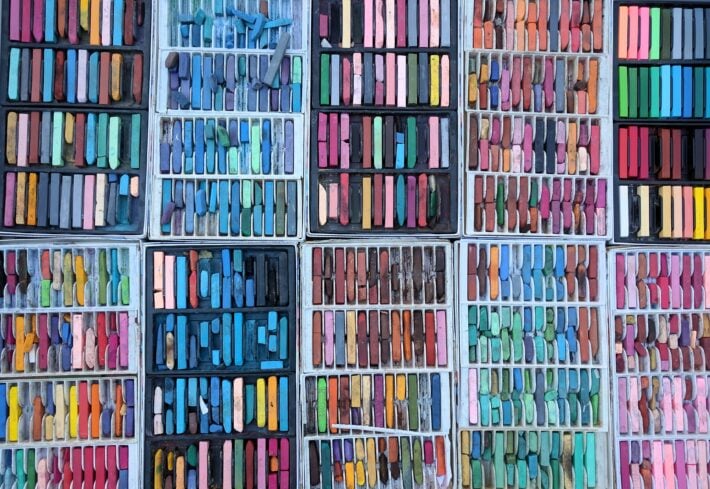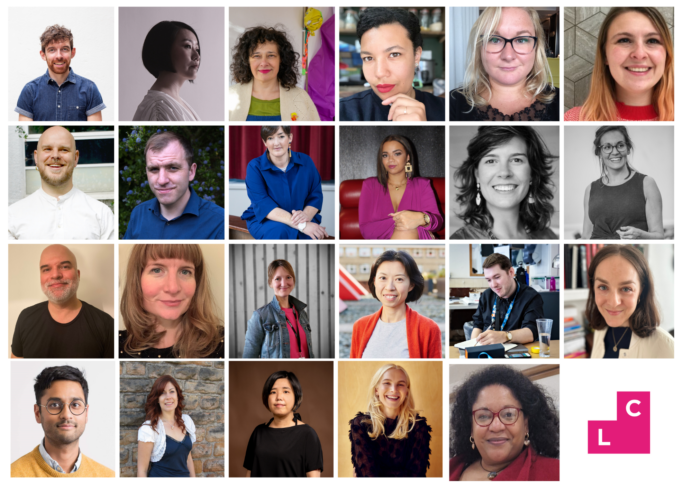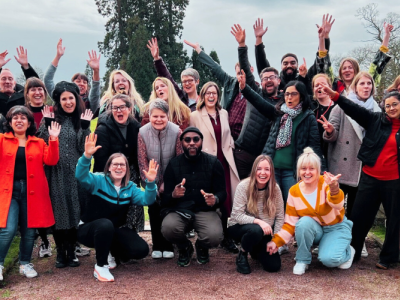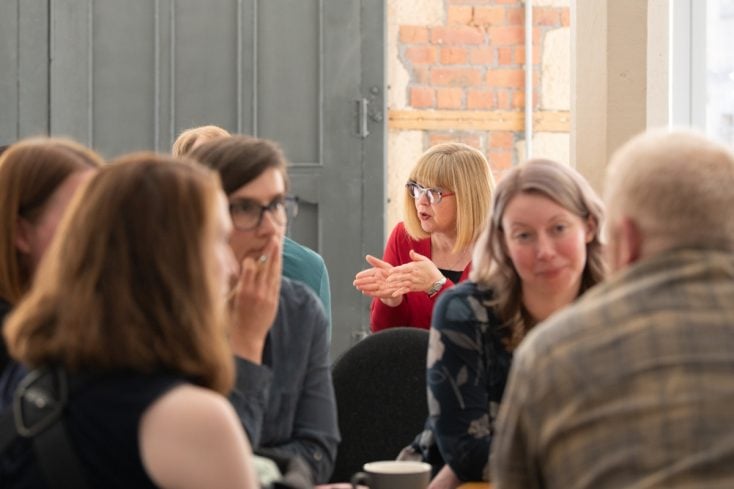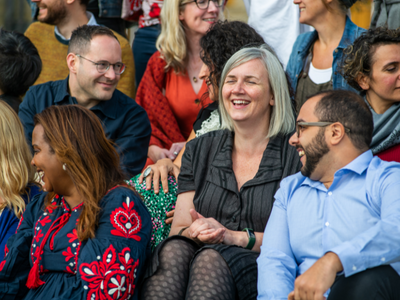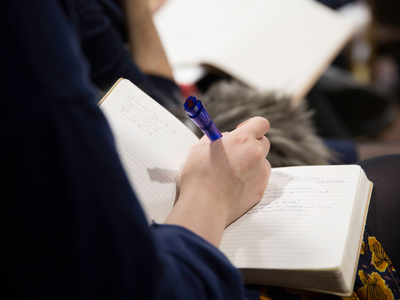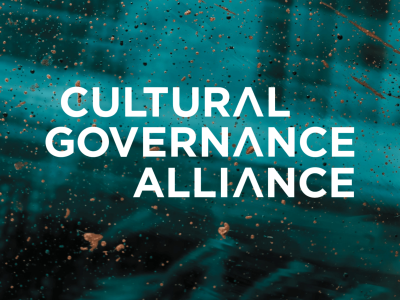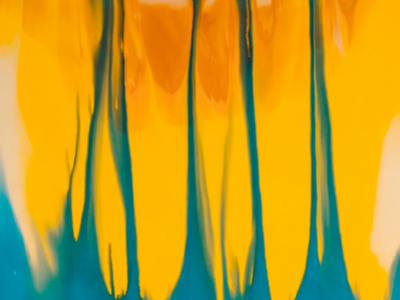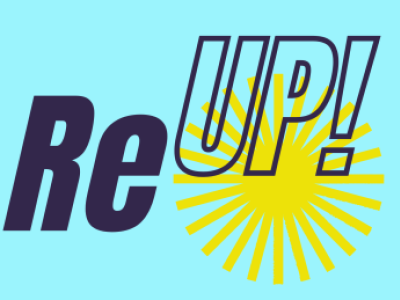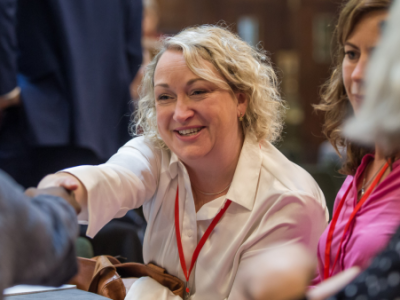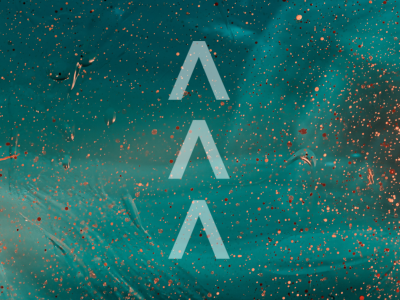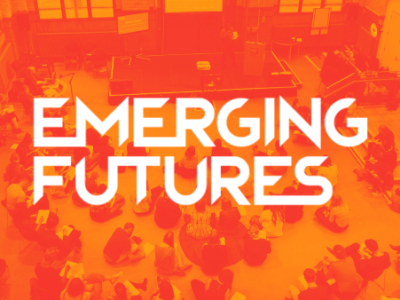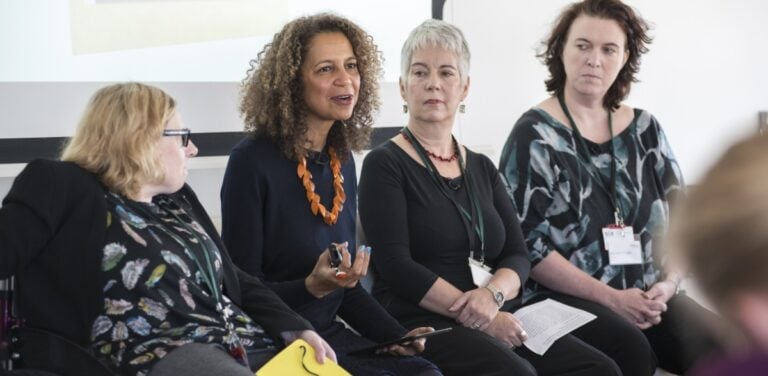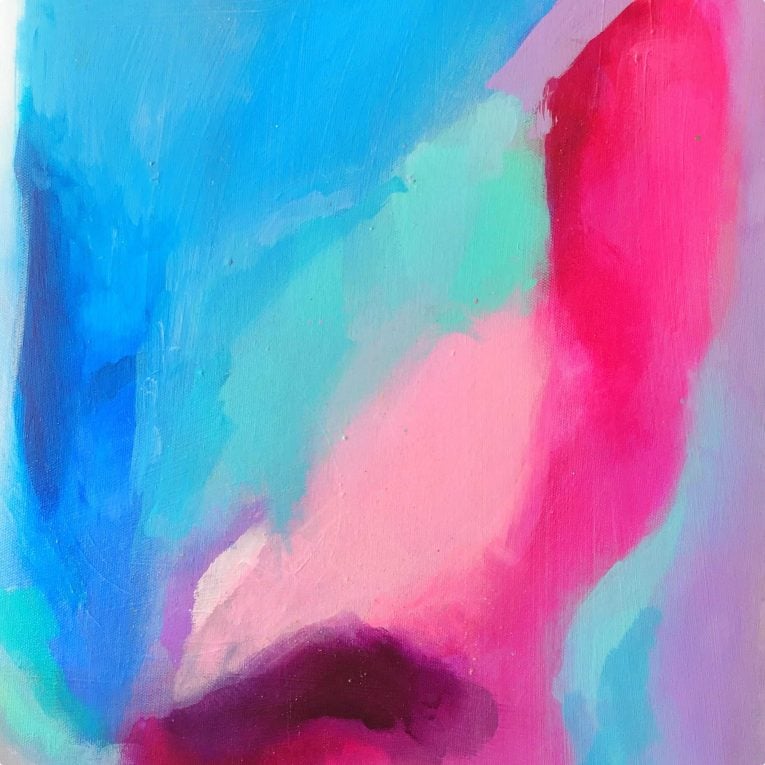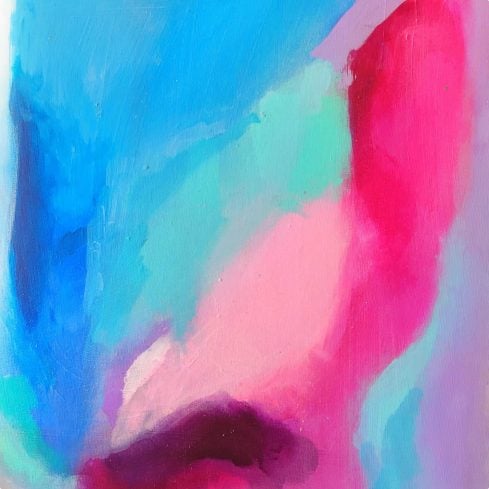Brilliance Map: Nana Bempah, Founder of POCC
The routes into leadership for Black, Asian and ethnically diverse leaders are diverse and unique. Subsequently so are the range of skills and perspectives. Often that specificity goes unmapped. This Brilliance Map series asks leaders across the country to map their routes and share their vision of our cultural futures.
Nana Bempah is the founder of Pocc, a support network and organisation, that seeks to accelerate equality for ethnically diverse people in the creative industries. As an Executive Producer working in film and advertising, Nana’s vision is for Pocc to bring about cultural transformation through campaigns using non-traditional ideas, behaviours, and activism.
Where did your career start and what were the key turning points that impacted its development?
My career started in the canteen at Sky, and that set the foundation for my trajectory. From a very early age, I had an understanding that I needed to move differently to get to where I wanted to be in media and the creative industry. At 16, I’d signed up to a silver service agency, and when they said the Sky canteen was short staffed, I remember thinking, this is my way in. When I got there, I hated being in the kitchen, so I convinced them to place me out front, serving up portions. This was perfect, as the canteen was heavily subsidised for Sky staff. It put me in an ideal position to speak with literally everyone who worked in their eight buildings. Finding out what people did, while giving them extra rashers of bacon, became my best skill, and I was soon invited to the newsroom and then interviewed to eventually become a runner. I learnt a lot there, but the key outcome was having Sky on my CV at such a young age because when I went for my next position, my experience placed me head and shoulders above the competition. Every subsequent role has step-by-step led me to be the Executive Producer I am today, working in advertising and the creative industries.
What extra knowledge or insights do you feel you bring to the table as a leader of colour?
Mainly the knowledge that ethnically diverse leaders are always expected to bring more knowledge and insights to the table than their white counterparts. We are not afforded the same allowance or space just to be or to make mistakes, especially in comparison to white males. Mediocrity is not an option as our existence within a space – especially in senior positions within the creative industry – often needs justifying by our excellence. That’s why when you see a Black woman at the top of her game you know she’s bossed it and knows her stuff.
What innate strengths do you find yourself most drawing on in your day- to-day work?
Resilience. It’s exhausting existing as a Black woman within the creative industry – especially in advertising. Moving into the space of community building has been beautiful in bringing together supportive individuals who were all surviving in their own ways within the industry. However, as an organisation we still deal with the structural bullshit that exists when brands and agencies are trying to engage with our community. It’s tiring, but we move.
How would you define the culture you hope to create and how do you go about creating it?
Within the Pocc community, from our togetherness and collective strength, we are creating a culture and an environment where people can relax and be themselves, connect with like-minded people, and ultimately thrive in an industry not built for them. We achieve this by looking after ourselves and each other first and foremost.
Externally, we are hoping to transform the culture of the advertising and creative industry which is still a hostile environment if you are anything but the default identity: white, straight, middle class and male. We hope to create an industry that is more reflective of the society we live in, where people don’t have to deal with racist behaviours while trying to work. Most importantly, the unequal structures that exist within the industry should be broken down and eradicated for good. We’ll help create this transformation through creative work, non-traditional ideas, and activism.
Are there other specific types of external resources that you draw on for your work?
I try as much as possible to make time for silence, meditation and setting my intentions for the day. It really helps with pace and in understanding the bigger picture of what I’m trying to achieve in all aspects of my life.
In addition, I look to surround myself with mentors from different backgrounds and with positive, high vibration people in both my personal and working life. This type of energy is elevating and fosters an environment for amazing things to thrive.
What do you hope culture in Britain will look and feel like in 20 years’ time?
I’d hope that young girls growing up who look like me won’t have to have anyone telling them that to succeed, they should work harder than other people who look different to them. I hope they won’t have to bring more to the table to justify their seat there.
I hope that the culture in advertising, the creative industry, and in wider society, is different and not based on who you know. I also hope that Britain becomes a place where cultural opportunities exist equally for all, and that the current structures and barriers that remain for people who look like me – and for others who aren’t the ‘default identity’– are eradicated.
Themes Inclusive Leadership Practice Qualities of Leadership
